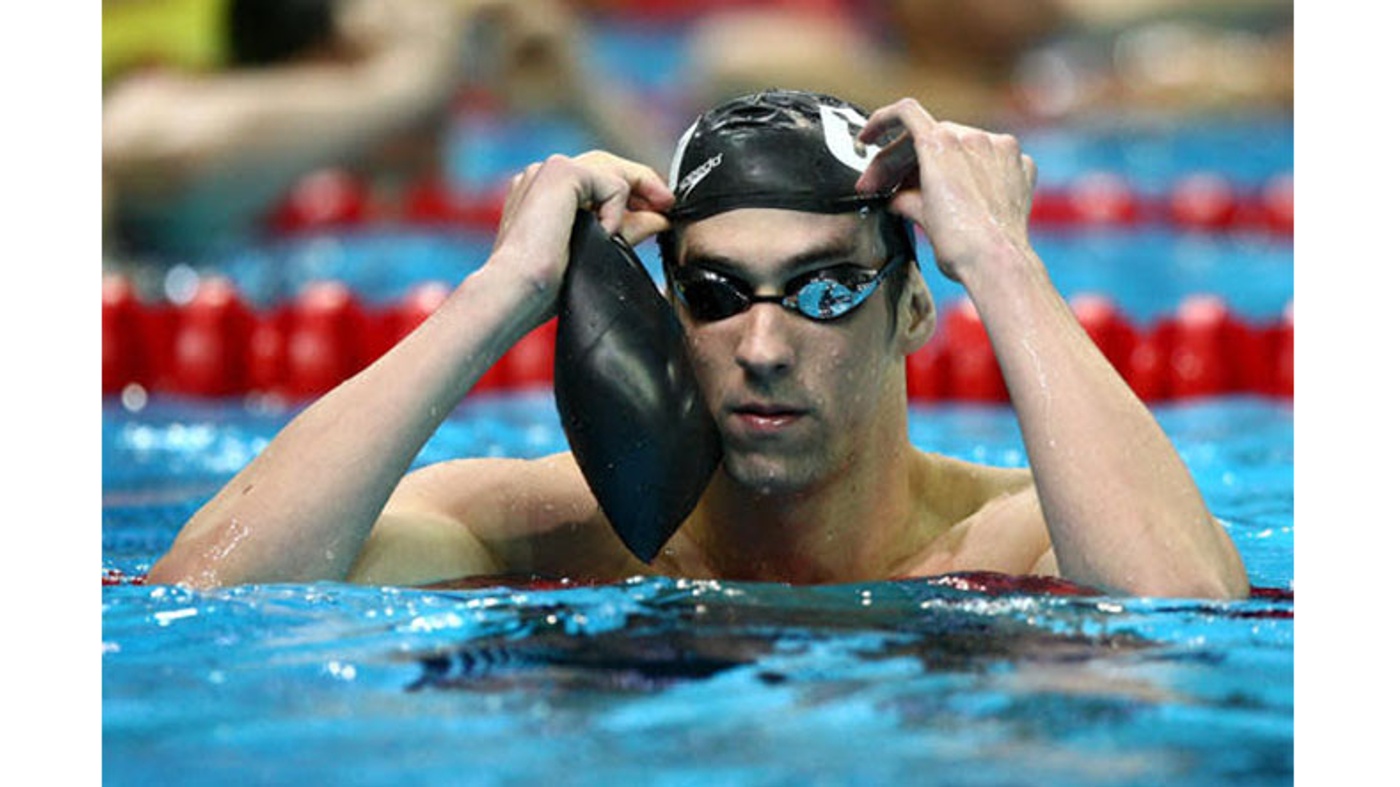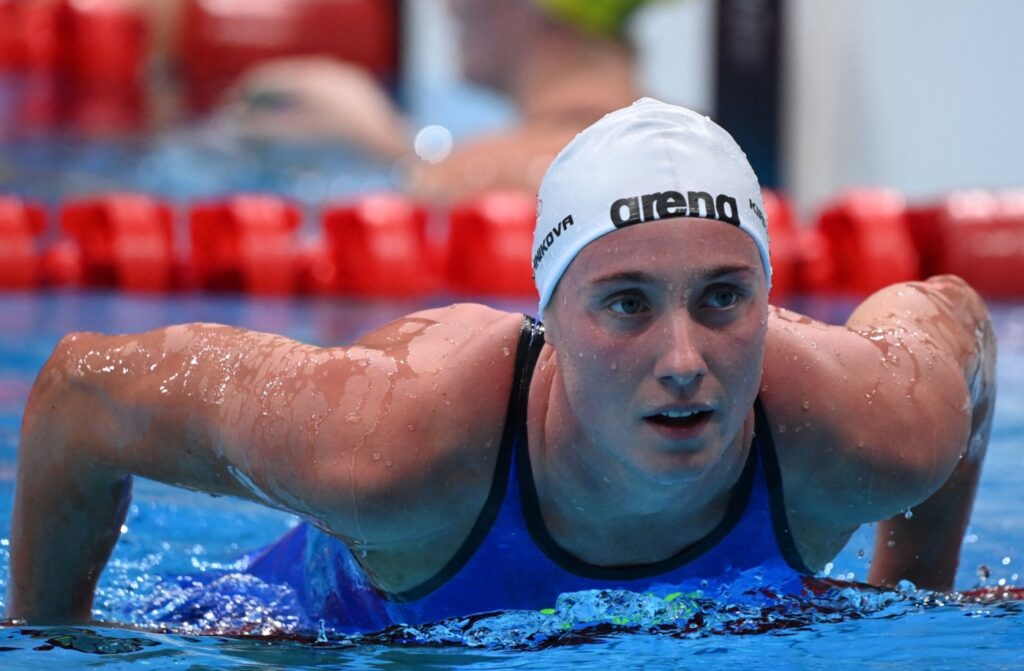Swimmers face every detail in the pool which can have a significant impact on their performance. One often overlooked but important detail is the caps they wear on their heads. But why do swimmers wear two swim caps during races? At first glance, this practice might seem unnecessary, but it actually has several benefits. The primary purpose of wearing two caps is to minimize water friction. A double-layered cap allows water to flow more smoothly over the cap, reducing the swimmer’s resistance in the water, and increasing their speed. Additionally, using two caps is particularly beneficial for swimmers with long hair as it prevents hair from covering the face, thus allowing the swimmer to swim more comfortably. Hair falling over the face during a race can obstruct vision and directly affect performance. Another advantage is that it helps keep the goggles in place. Double capping covers the goggle straps and prevents the goggles from slipping in the water, which helps the swimmer maintain better control and stability above water. This small but effective detail maximizes swimmers’ performance and gives them an advantage in races. In the sport of swimming, this tactic, often overlooked, is actually a significant factor that allows swimmers to swim faster and more efficiently.
The Importance of Small Details for Successful Performance in Sports

Small differences can lead to great successes in swimming races, but achieving these successes requires meticulous attention to every detail. These small but effective details can significantly impact swimmers’ performance.
Long Hair Under Control: The Advantages of Using Two Swim Caps

For swimmers with long hair, the comfort provided by using two swim caps is undeniable. This method prevents hair from falling over the face during the race, allowing swimmers to swim more comfortably and effectively.
Source: SPORTbible


